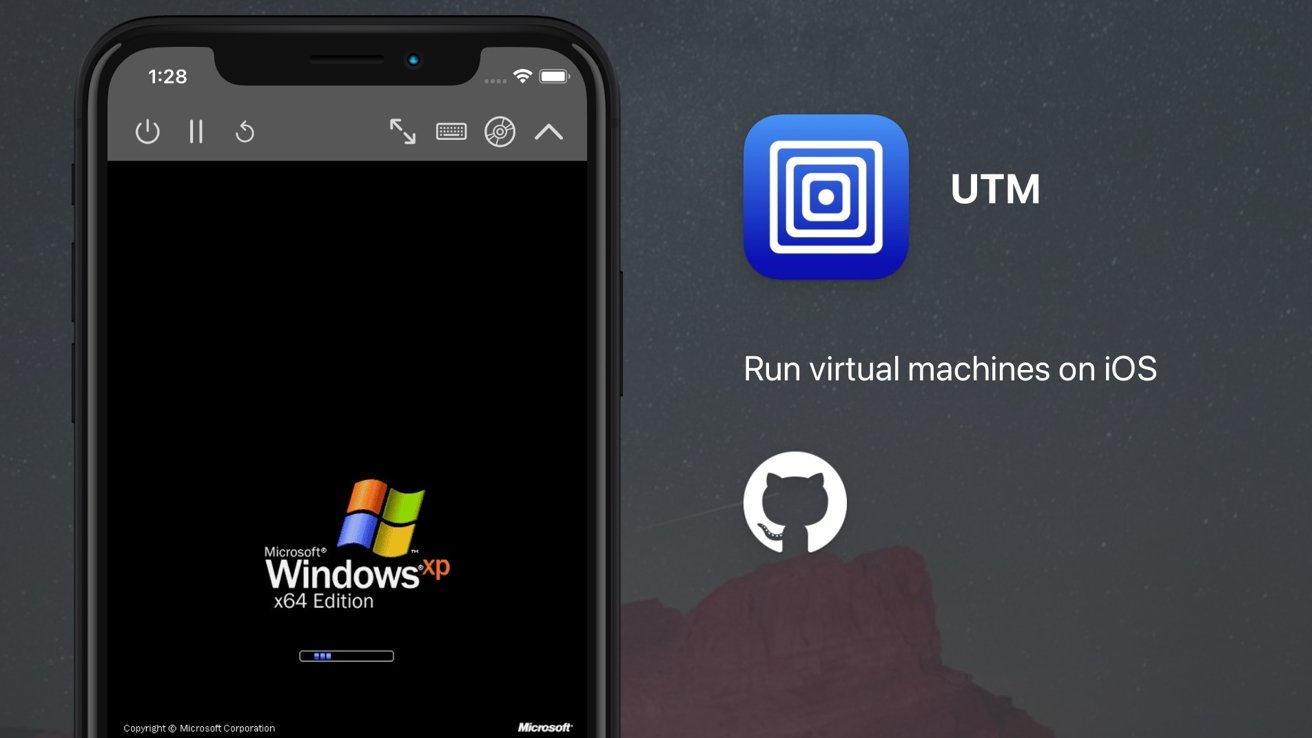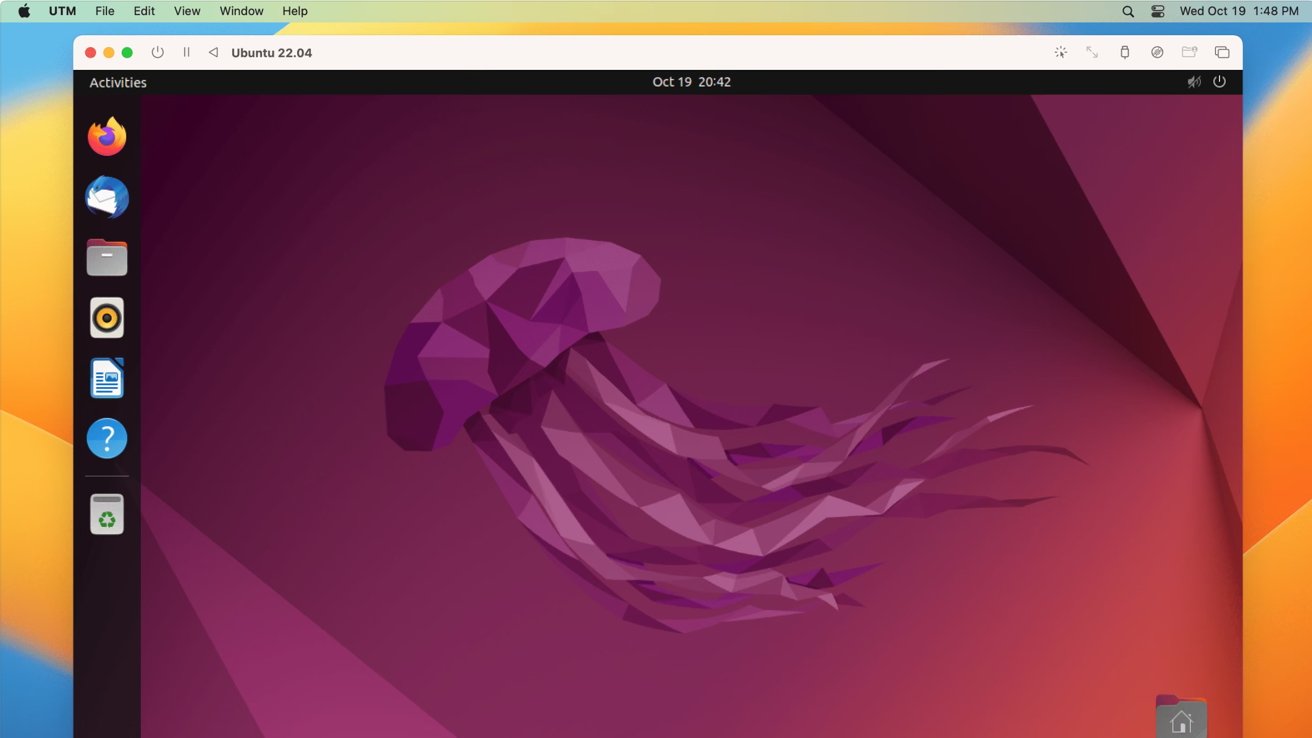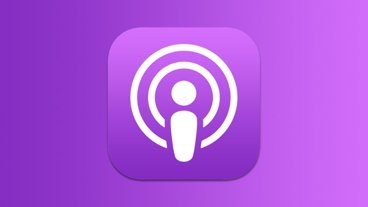Apple's App Store app review team has rejected PC emulator UTM SE, spawning questions about what might be allowed, and from whom.
"After almost two month long review process, Apple has rejected UTM SE from the iOS App Store as well as from notarization for third party app stores," the company posted on its X.com account. The recent rule change that allowed other emulators to finally come to iOS was judged not to apply to UTM.
UTM noted that Apple told them that "PC is not a console," even though PCs can run games. This means the OS environments it supports cannot be emulated on apps in the iOS App Store or third-party App Stores due to not being qualified for notarization.
The definition is strange, though. Early Windows and DOS versions that would run on UTM SE are contemporaries to the Commodore 64, Commodore Amiga, and Atari ST, all of which have functional emulation on iOS now.
Notably, there are no emulators for Apple hardware of any kind or age on the iOS or iPadOS App Store.
— UTM (@UTMapp) June 9, 2024
Apple's restriction does not apply to the Mac version of UTM Virtual Machines, which is still available on the Mac App Store and directly from UTM. The Mac software gives users the opportunity to run Windows 10, 11, Ubuntu Linux, or even older versions of macOS itself in emulation from their own licensed copies of the OSes.
UTM's emulation of various OSes on Mac enables a broad selection of older apps and games to run on recent Intel-based and Apple Silicon machines. Although UTM has previously posted screenshots of the iOS and iPadOS version on its website, it now says it will abandon the effort until Apple changes its stance — which doesn't seem likely to happen.
Apple does allow some emulators that can run DOS-based games on its App Store, but does not allow any Windows emulation apps for iOS or iPadOS. Another DOS emulator, iDOS 4, is still going through the approval process.
UTM also noted that Apple's prohibition on JIT (Just In Time compilers) in emulators in iOS made for a "subpar" experience and that it didn't want to fight Apple over it. The developers concluded by saying they did not feel it was worth any additional time or effort in their case.
Prior to Apple's recent rule change that allowed emulators, apps that offered such abilities were limited to jailbroken devices.
Users who wanted to play games from other devices had to find the emulation software from alternative repositories. After installation, they also had to locate or make their own copies of the ROM files for console-based games, or obtain unlicensed versions of the OS platforms they needed to emulate as well as a copy of the original game software.
All this changed in early April of 2024, when Apple reversed a long-standing rule that prohibited apps that ran external code. The modification specifically allowed "retro game console emulator apps," as long as they conformed to all other App Store guidelines.
 Charles Martin
Charles Martin








-m.jpg)






 Chip Loder
Chip Loder
 Mike Wuerthele
Mike Wuerthele
 Malcolm Owen
Malcolm Owen

 Amber Neely
Amber Neely
 William Gallagher
William Gallagher



-m.jpg)






7 Comments
Apple's insistence on not allowing OS Virtualization and Emulation on iPad/iPhone has been killing me for years, and makes no da*n sense, especially now that we have the M series SoCs on iPad Pros.
The ability to use Mac and Windows VMs for system and software testing on my iPad Pro would be such a powerful tool. It would be a huge deal in the IT and developer industry, and loved by gamers and tech enthusiasts.
The iPad would instantly become one of the best, if not THE best, products for development and so much more. So many people who aren't interested in iPads or Apple's mobile products in general would quickly change their minds. The iPad Pro has so much untapped potential, and is underutilizing the M series chips for just about everything except some video and audio work.
A device, that has great battery life, very portable, can use the simple and clean iPadOS interface, then fire up VMs for product testing, gaming, and more, all on Apple's M series SoCs would crush the market. If they don't do it, Qualcomm and their partners will continue to own the market on this, they just won't do it as well (you can already do this on Android and Windows, but The M series and iPads are much better designed, and iPads are used by more people in the tablet market).
EU, hit them with fines until they enter reason.
The reason Apple probably rejected UTM is because they will announce their own VM environment to run macOS on the iPad with M series processors. This would allow development on an iPad, but would disallow running other operating systems.